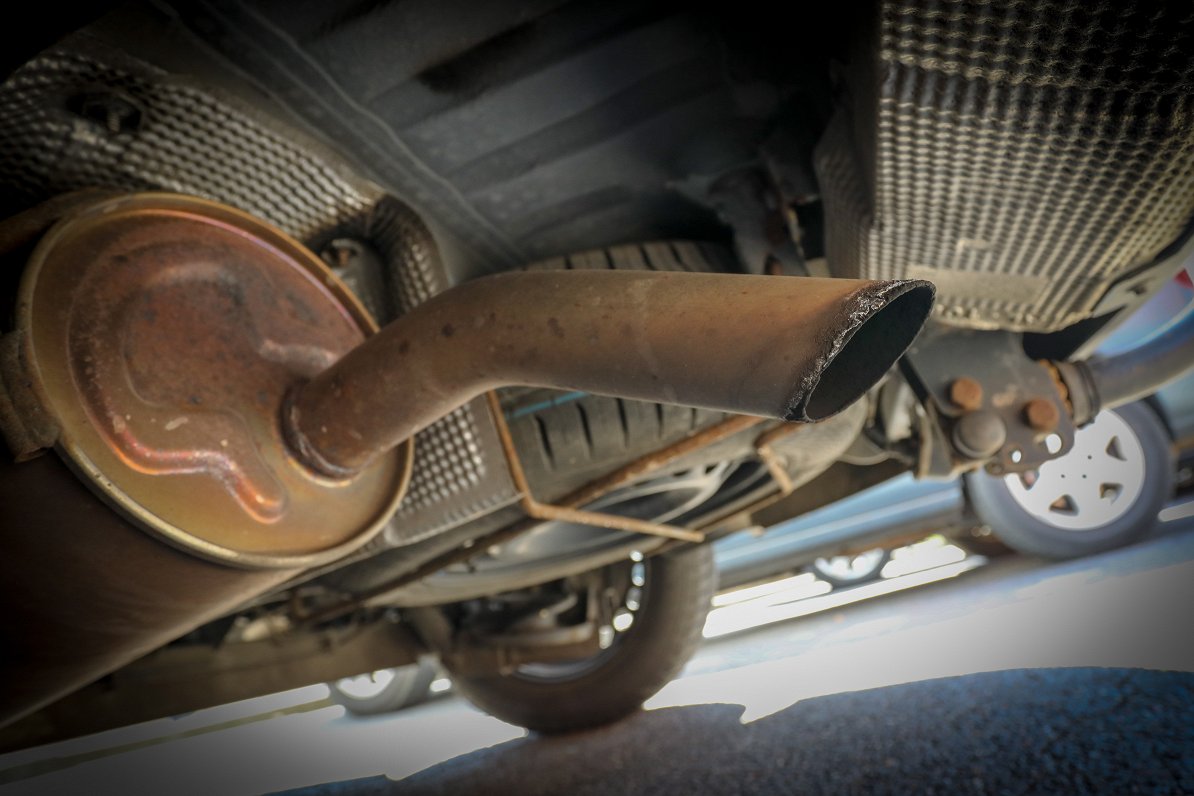Some of the pollution is caused by the country's outdated car fleet, with drivers continuing to opt for cheap, old, more polluting cars than newer, cleaner but more expensive alternatives.
Currently the average age of a Latvian auto is 15 years. According to Finnish data for the year 2016, the average age of a European Union car is around 10 years.
Andris Kulbergs, president of the Latvian Automobile Association, says there is no reason to blame people for running ancient autos.
“Of the machines we import now, more than 60% are used and mre than ten years old. And this trend is growing brutally. It was 37% in 2013, and now it is 61%," said Kulbergs.
"That looks wrong, because, let's be honest, the economy is going up, the average salary is rising, GDP per capita is rising. We have surpassed all pre-crisis levels, both at economic and personal level. Yes, many will try to explain and say that this has to do with the fact that people do not have cash, no money, people cannot afford [newer cars]. I want to say the opposite. All the numbers show that this is nonsense."
Kulbergs said the shadow economy plays a big role in this game. Banks do not give the majority of the population the credit they need to afford a newer car because officially reported income is too low. As a result, some people choose to lease a car via non-bank lenders that sell older cars, typically for between six and ten thousand euros.
“It's not just a matter of an old fleet. As a member of the European Union, we are a signatory to the Air Pollution Protocol," Kulbergs adds. "According to today's figures, by 2030 we will have 2 million tonnes more CO2 than our commitments allow. So in 2021 we will start paying fines for failure to act on time.”
Current projections suggest the fine could be around 48 million euros per year - with the cost likely to be passed back to motorists one way or another.
Meanwhile in Lithuania a thousand euro premium is available from November if a citizen replaces an old car with a new one that is less harmful to the environment, as reported by LRT's English-language service.
Justina Grigaravičiene, Vice-Minister of the Lithuanian Ministry of the Environment, said that this was done with the aim of renewing the fleet in Lithuania and reducing CO2 emissions. She believes that many citizens will take advantage of this opportunity.
"Even in the early stages of the initiative, when we were telling citizens about this compensation, many people were wondering how it would work and when it could be started," said Grigaravičiene.
By 2021, it is planned to provide EUR 30 million for such compensation. Last week, a decision was taken to introduce a tax on car emissions in Lithuania next year, ranging from a few tens of euros to more than a thousand euros for the most poulluting vehicles.

























